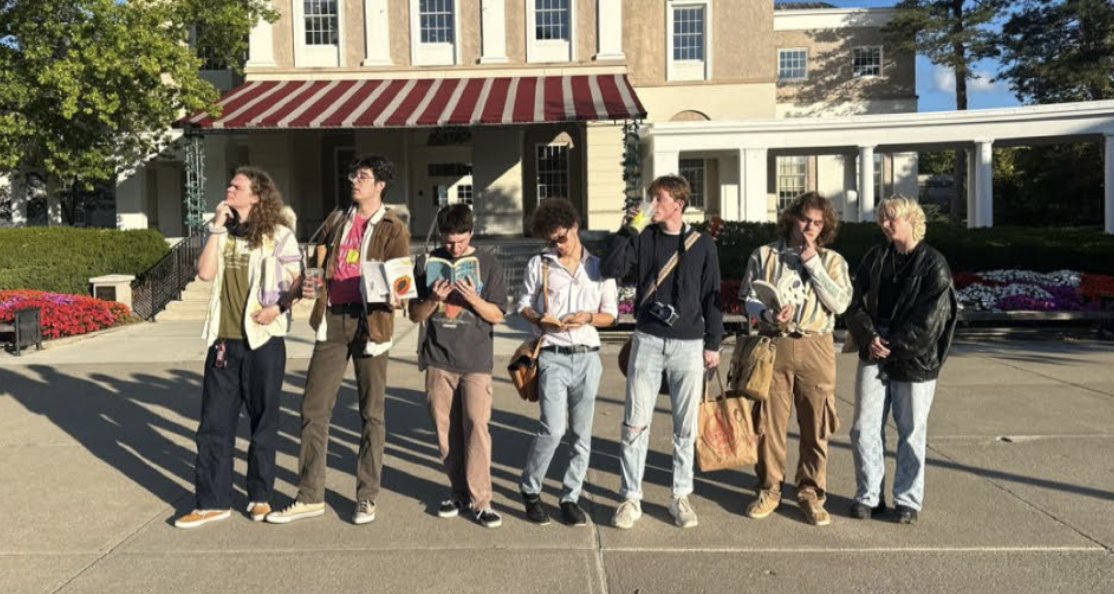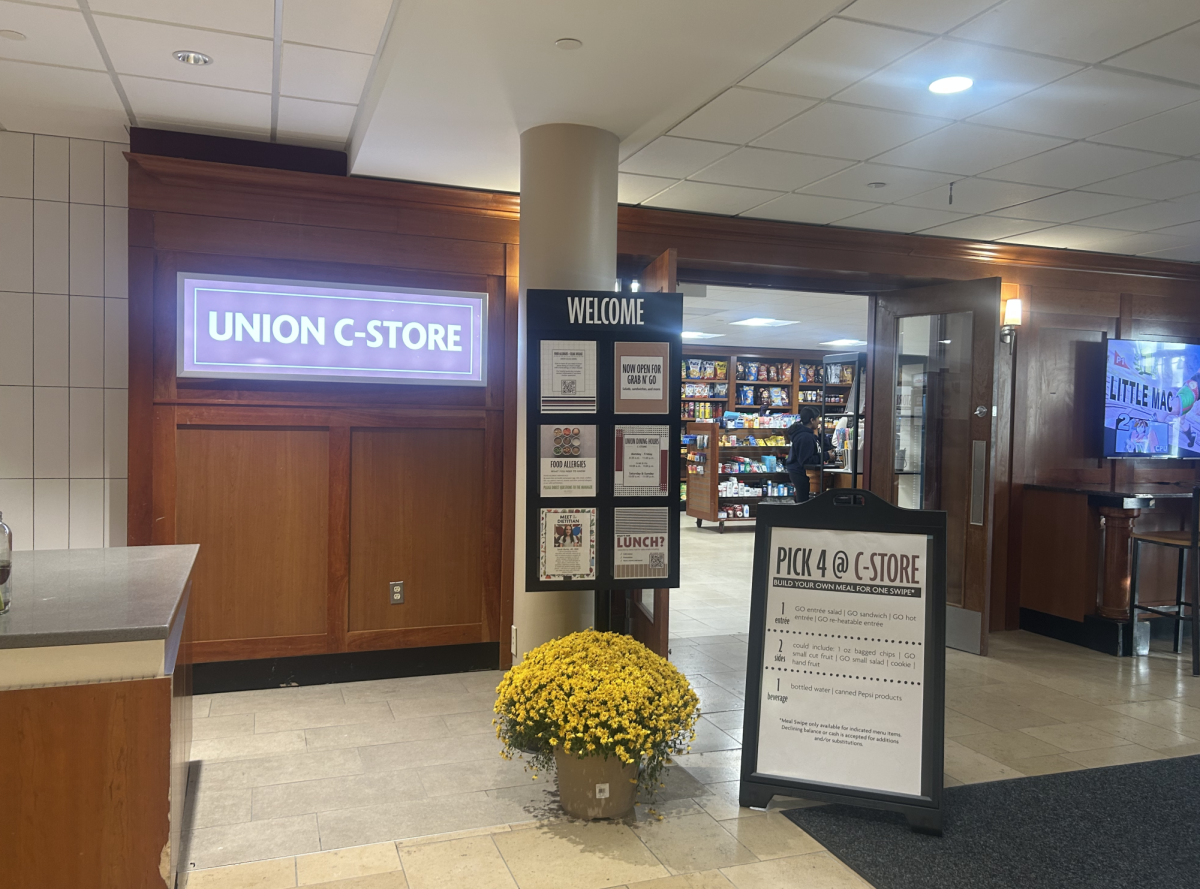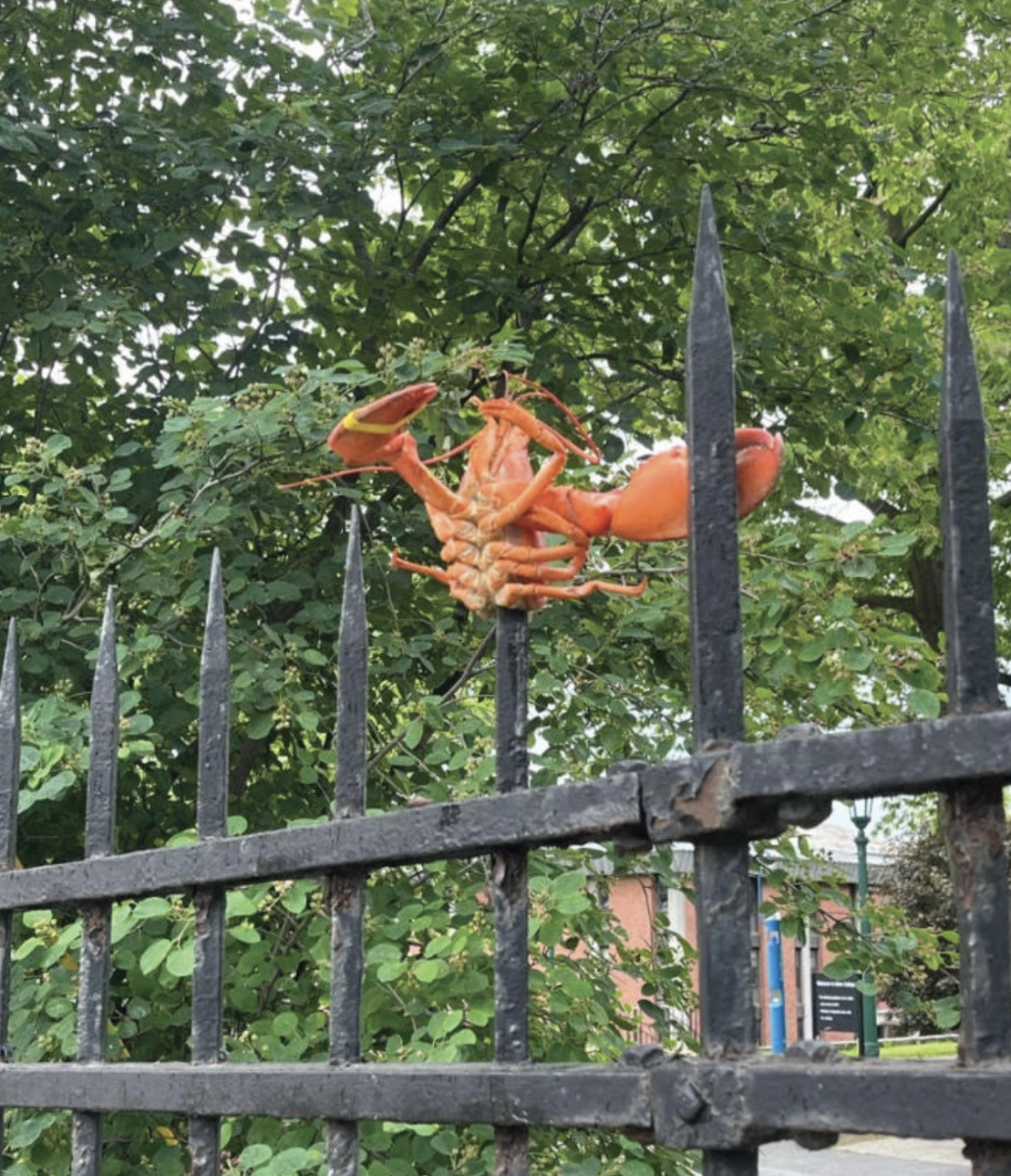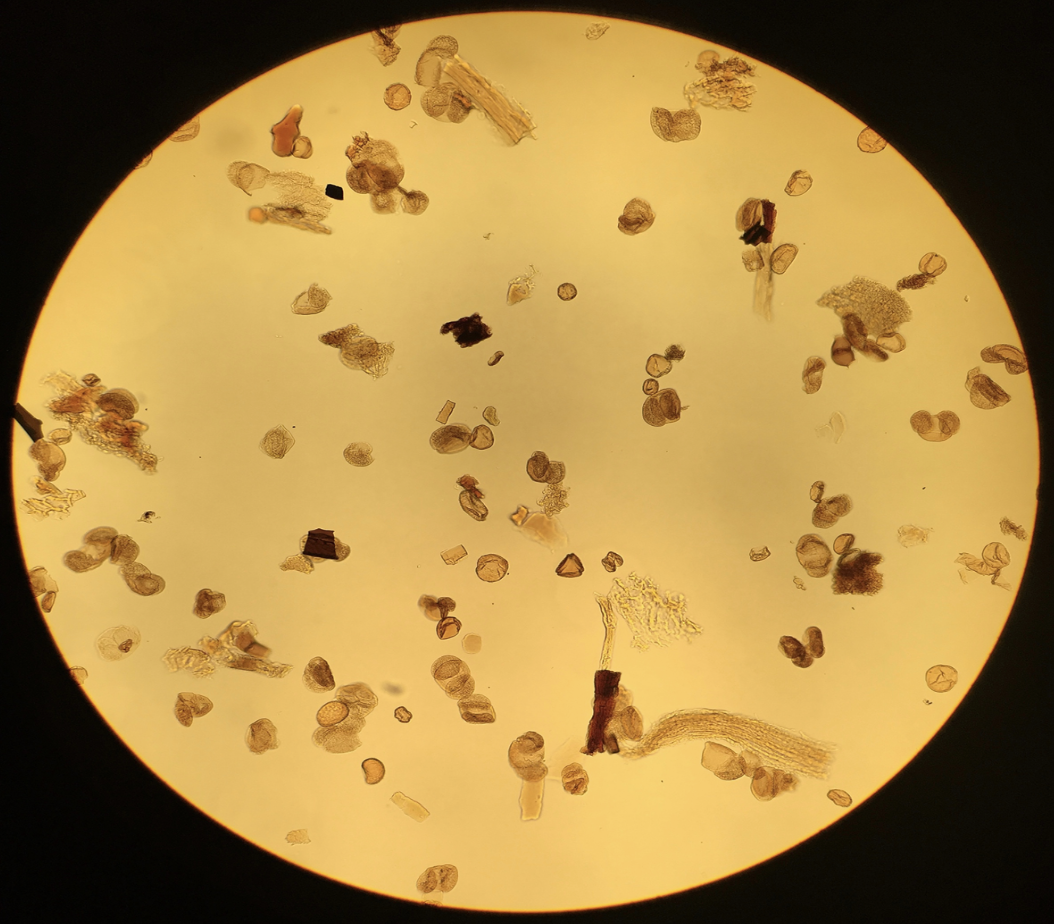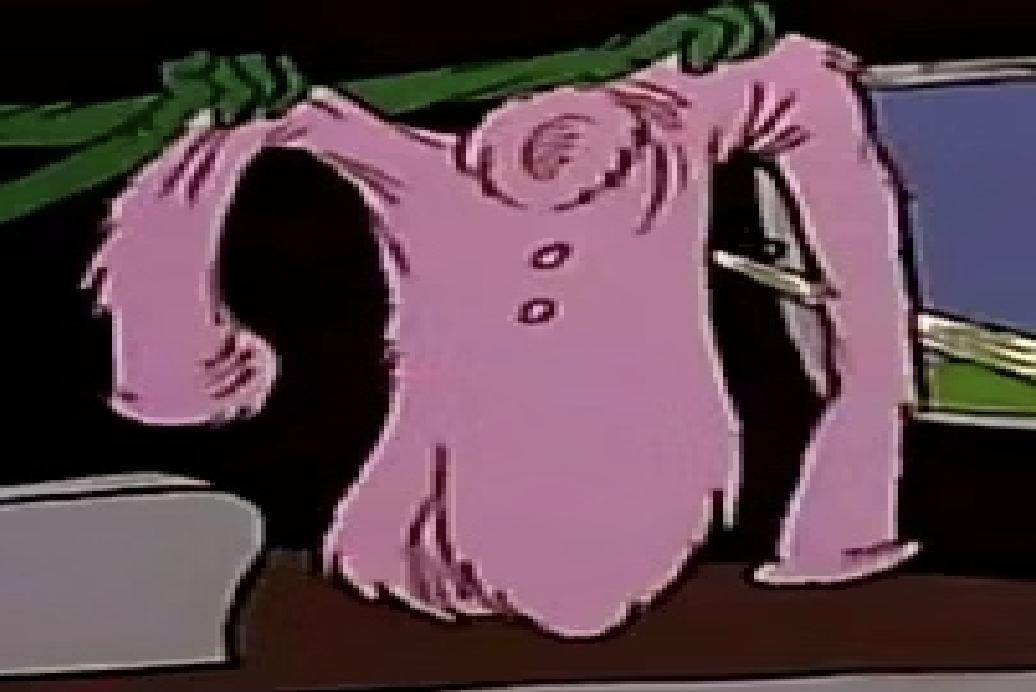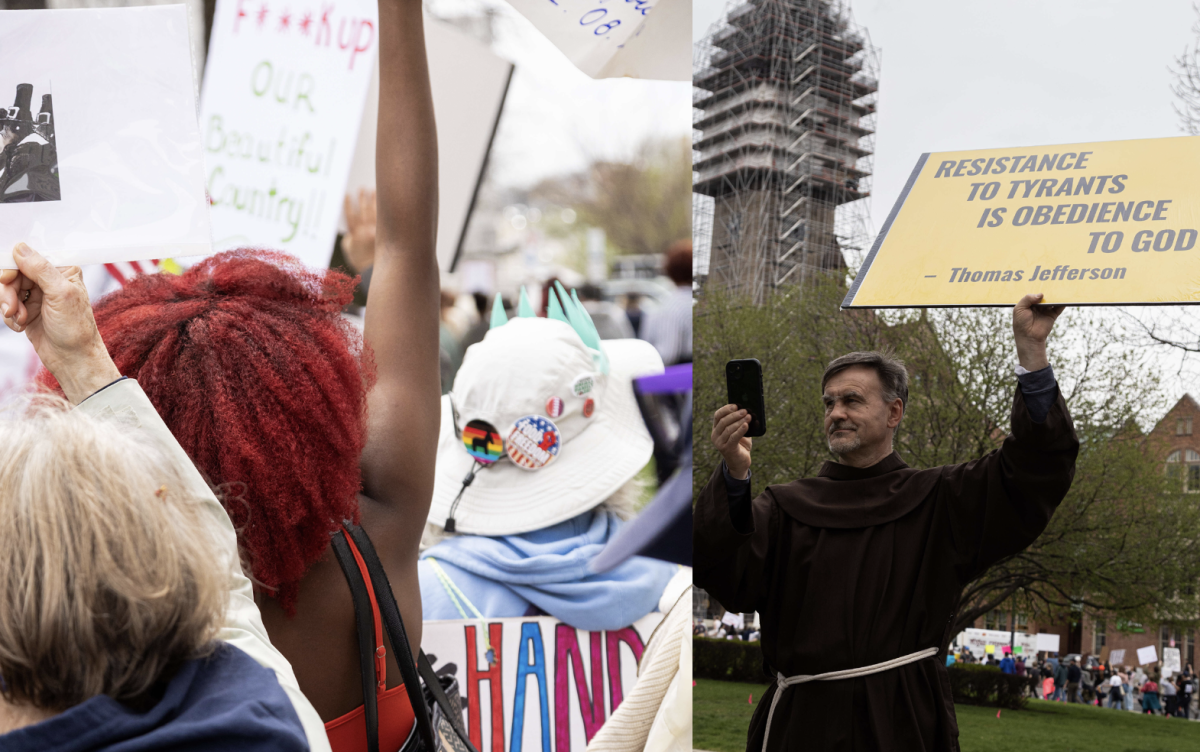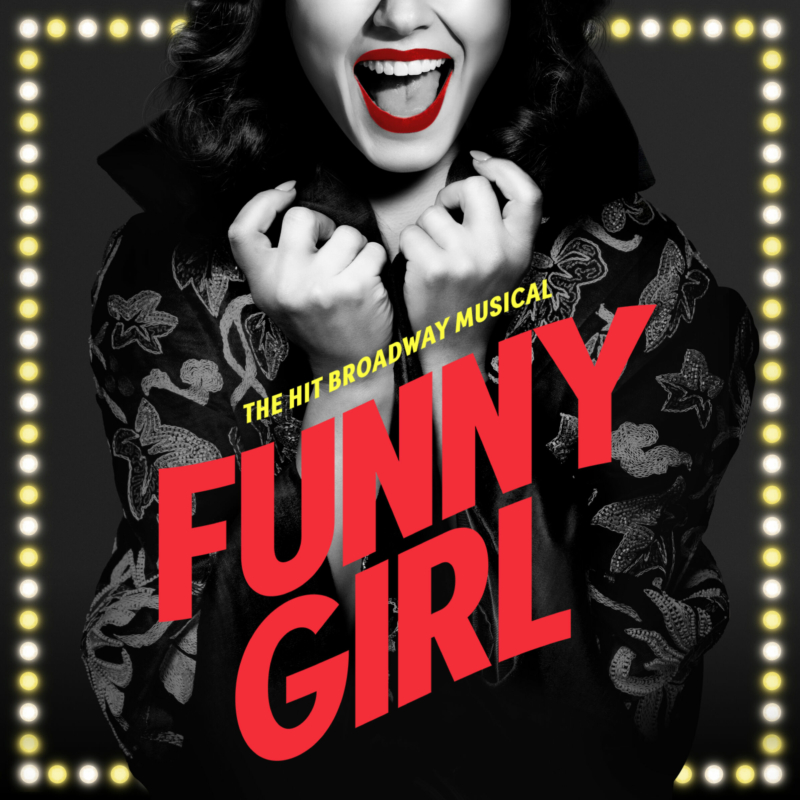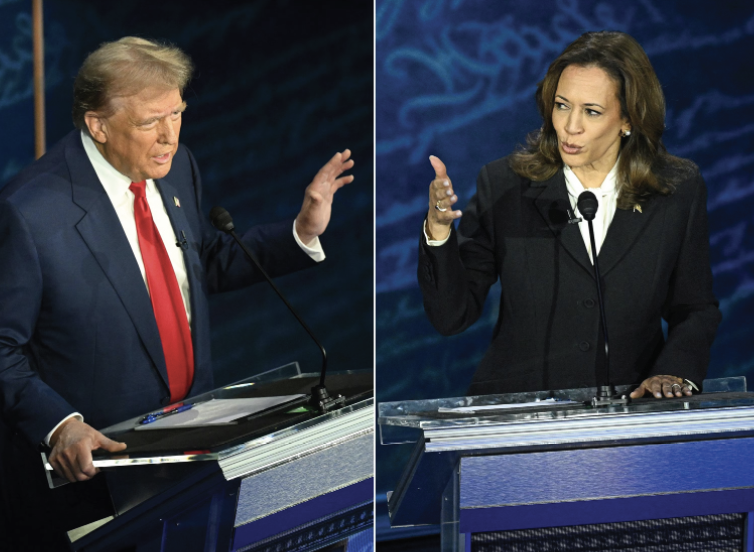Templeton Institute is a special initiative to integrate engineering and computer science with other disciplines, and to support the recruitment of women to those fields. Here is an interview with Ashok Ramasubramanian, Dean of Engineering, and Andrew Burkett, Director of the Science, Technology, and Society (STS) Program, who both will function as the new co-directors of the Templeton Institute of Engineering and Computer Science.
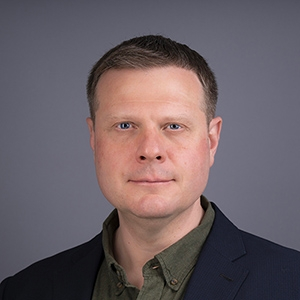
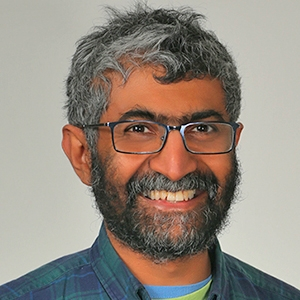
How will the Templeton Institute integrate Liberal arts and engineering?
The Templeton Institute is taking a range of steps and is initiating a menu of programming that will allow us to further integrate engineering, computer science, and the liberal arts at Union. As you likely know, the College has quite a long history and impressive track record when it comes to bringing together faculty and students from across our campus’s four divisions. Many colleges and universities state that they prioritize cross-disciplinary teaching and research, but when we claim that we emphasize interdisciplinary and transdisciplinary programs and pedagogies at Union, we truly mean it. That said, we can perform with even greater strength in this area, and the TI is excellently positioned to help us in these endeavors. This fall, for example, the TI is hosting a faculty panel at which our Union colleagues from across the disciplines will give short talks on how they are integrating Generative AI into their ongoing and future teaching projects and assignments. Then, in the spring, we hope to host at Union a range of experts from across the country who specialize in Generative and other AI platforms and technologies for a small symposium and hands-on workshop for any faculty who might have interests in learning more about this topic and area. Additionally, the institute will continue to implement TI courses each academic year for the next several years at least. These courses are often team-taught and center on global challenges that no single discipline or division can claim priority in solving. These are just some of our current projects that we are working on now for the TI, though, with many more in the pipeline.
What are some long-term goals for this institute?
This is a great question with lots of answers–some very specific and others more speculatively hopeful or aspirational. A key goal of the TI is to increase the representation of women, people of color, and under-represented populations in computer science, engineering, and the liberal arts. Increasing diversity and inclusion is central to so many of the efforts of the institute, and student and faculty representation in this area is critical and fundamental to our goals and planning. On a broader level, we want to facilitate opportunities for more people from different backgrounds of all sorts and forms of expertise and in myriad dimensions to talk together, collaborate together, and joyfully grow from this process as we move forward. In one concrete example of how we are thinking of this right now, Prof. Ramasubramanian and I have recently brought back informal weekly faculty lunches that we hope will inspire even more conversations with and among our wonderful faculty colleagues here at Union. We strongly believe that if we foster these opportunities for connection and conviviality, we will build more opportunities for shared unions and other forms of connectedness.
In an article that was published in 2021, Professor Currey said that the challenge is to “build teams that represent a range of disciplines”. Do you think there has been any progress in that in the last two years?
There has been excellent progress in this area in the last two years, yes. For example, under Prof. Currey’s leadership, the institute launched its first TI courses that are now being offered this current academic year, as I noted. In one example (for which I’m particularly partial, given that I’m currently co-teaching it!) STS-101 “Introduction to Science, Technology, and Society” links together faculty from all four divisions to take part in a team-taught course that explores not only the history and philosophy of science but also brings students and faculty together through hands-on learning projects involving, for instance, machine learning and artificial intelligence. And we are just about to release our call for faculty to apply to submit new ideas for TI courses for next academic year. More broadly speaking, teamwork is such a fundamental aspect of so many of the projects shepherded and facilitated by the Templeton Institute and its various endeavors. By this we mean that the TI is not only fundamentally structured around leadership teams of faculty and members of our administration but also how, in this capacity, we are aiming to build unions with so many faculty from across campus as we learn more about our common research and teaching interests, which are sparked and developed through shared interdisciplinarities.
What can the students expect in the coming years from this project?
In addition to the programming mentioned here, we hope to offer many formal and informal ways for students to engage in TI projects in years to come. So, for instance, for the upcoming Winter term, we are working right now with our collaborators in Film Studies, the History Department, and the Physics and Astronomy Department on planning hopefully to acquire the rights to screen Christopher Nolan’s recent summer blockbuster film Oppenheimer (2023) on campus and to follow up that screening on a subsequent night with a panel discussion of the film, its issues, topics, and ideas, as lead by Union faculty experts from departments ranging from the arts and humanities, to the social science, to sciences and engineering. We also are considering possible routes for students potentially to take part in credentialing programs in, for example, AI topics through both formal academic as well as beyond-the-classroom projects and opportunities. On this latter topic, we haven’t yet made any commitments or decisions, but we are considering all types of options in regard to novel forms of programming. We should mention here that if students have any suggestions on ideas for projects, new forms of programming or collaboration, or want to share any other ideas, we welcome the campus community to email us at [email protected].
What advice would be given to the new class, the batch of 2027 who are interested in exploring the aim of this initiative i.e. pursuing interdisciplinary studies?
Students at Union should do everything possible to think outside the box when it comes to assembling a slate of courses each term. Break outside comfort zones and sign up for course work in areas completely outside the traditions of a given discipline, department, or program. Doing so will expand your minds, your horizons, and even your career opportunities. Join us, for example, for one of our nontraditional Templeton Institute courses. Drop in too for our more informal opportunities throughout the school year, such as the film events we are planning and the interdisciplinary faculty-student conversations that will accompany them. And always feel free to reach out to us if you have any suggestions or ideas for novel ways for us to innovate through the TI.


